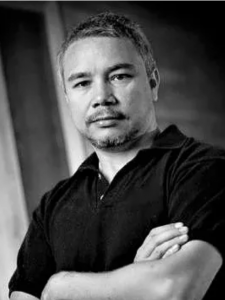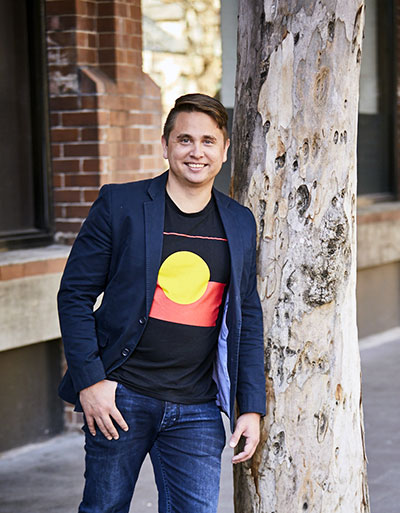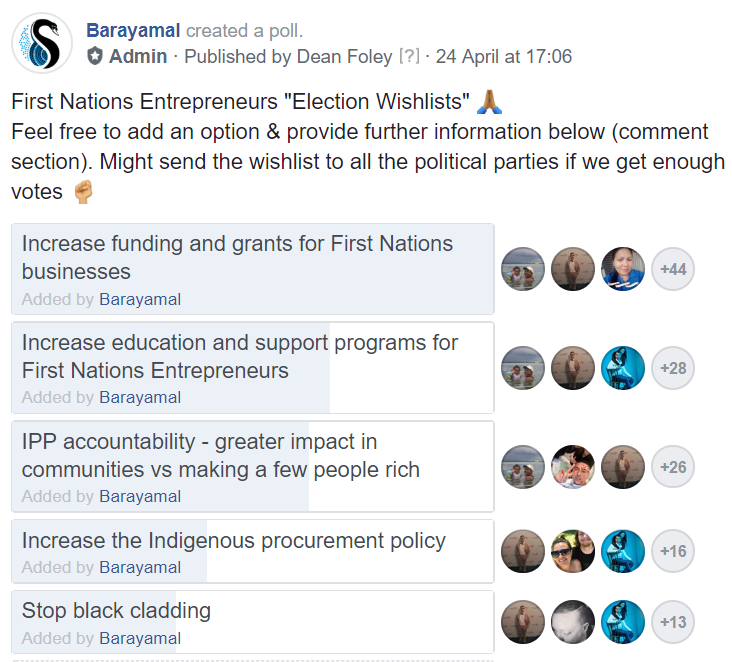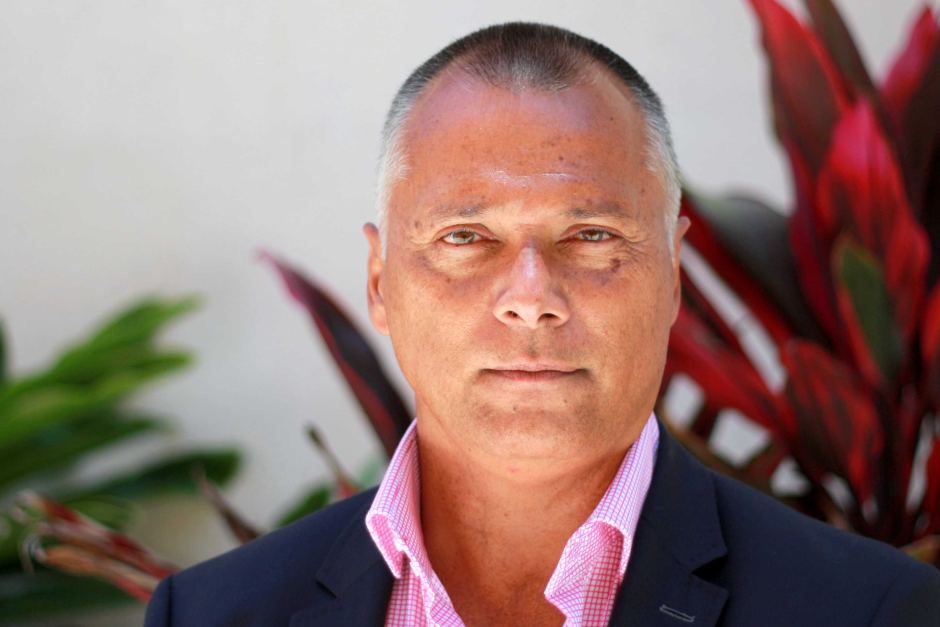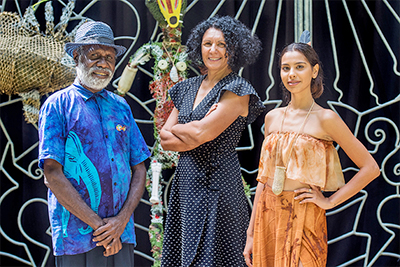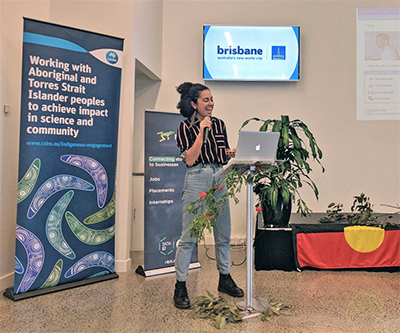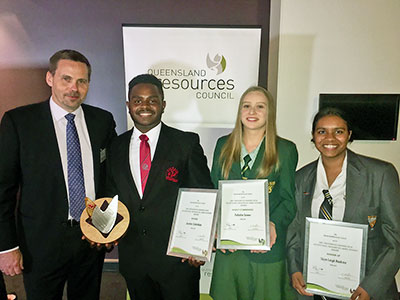CGU backs Indigenous Business Month
INDIGENOUS Business Month has attracted new backing through a new partnership with CGU Insurance Ltd, a subsidiary of the multinational insurance company Insurance Australia Group (IAG).
The partnership will provide five $5000 Wa-murayangkulang Awards -- the meaning of which is to 'walk forward' -- to an Indigenous SME, Indigenous owner or operator, towards personal and professional development.
Indigenous Business Month founder Michelle Evans said in recognition of this year’s Indigenous Business Month theme ‘Indigenous ingenuity’, the Wa-murayangkulang Awards aim to uplift Indigenous small to medium enterprise owners or operators to grow their future capacity and capability to ensure that they thrive in an ever changing world. The awards proceeds can be spent on further skill acquisition or professional development programs. 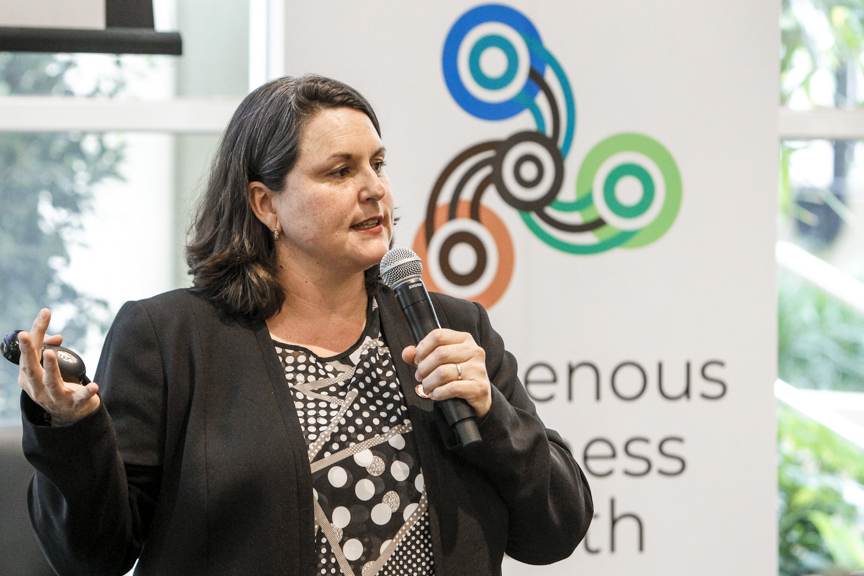
Ms Evans said the chosen Wa-murayangkulang Award winners may also have an opportunity to be showcased as a preferred procurement option on IAG’s Diversity Procurement Hub, with up to two winners to be incubated and accelerated within IAG innovation division: Firemark Labs.
“The Wa-murayangkulang Awards relates perfectly to our belief that the award winners should be aspiring to walk forwards and onwards to a better future for themselves, their business and their communities," said Insurance Australia Group manager of Indigenous engagement, Lee Hinton. "We look forward to working with the award winners testing their business ideas, concepts and strategies within our teams.”
Michelle Evans, who is the MURRA program director and associate professor of Leadership at the University of Melbourne said, “Indigenous Business Month is excited to be partnering with IAG this year for the first time as we celebrate ‘Indigenous Ingenuity’. IAG has provided an opportunity that will pave the way for future Indigenous Businesses to establish themselves as experts in their field through development and innovation.”
The Wa-murayangkulang Award winners will be announced on October 30 at an Indigenous Business Month event in Melbourne.
Indigenous Business Month is an initiative driven by the alumni of Melbourne Business School’s MURRA Indigenous Business Master Class, who see business as a way of providing positive role models for young Indigenous Australians and improving the quality of life in Indigenous communities.
The Indigenous Business Month initiative is supported by 33 Creative, MURRA Indigenous Business Master Class program, Iscariot Media, PwC and IAG. 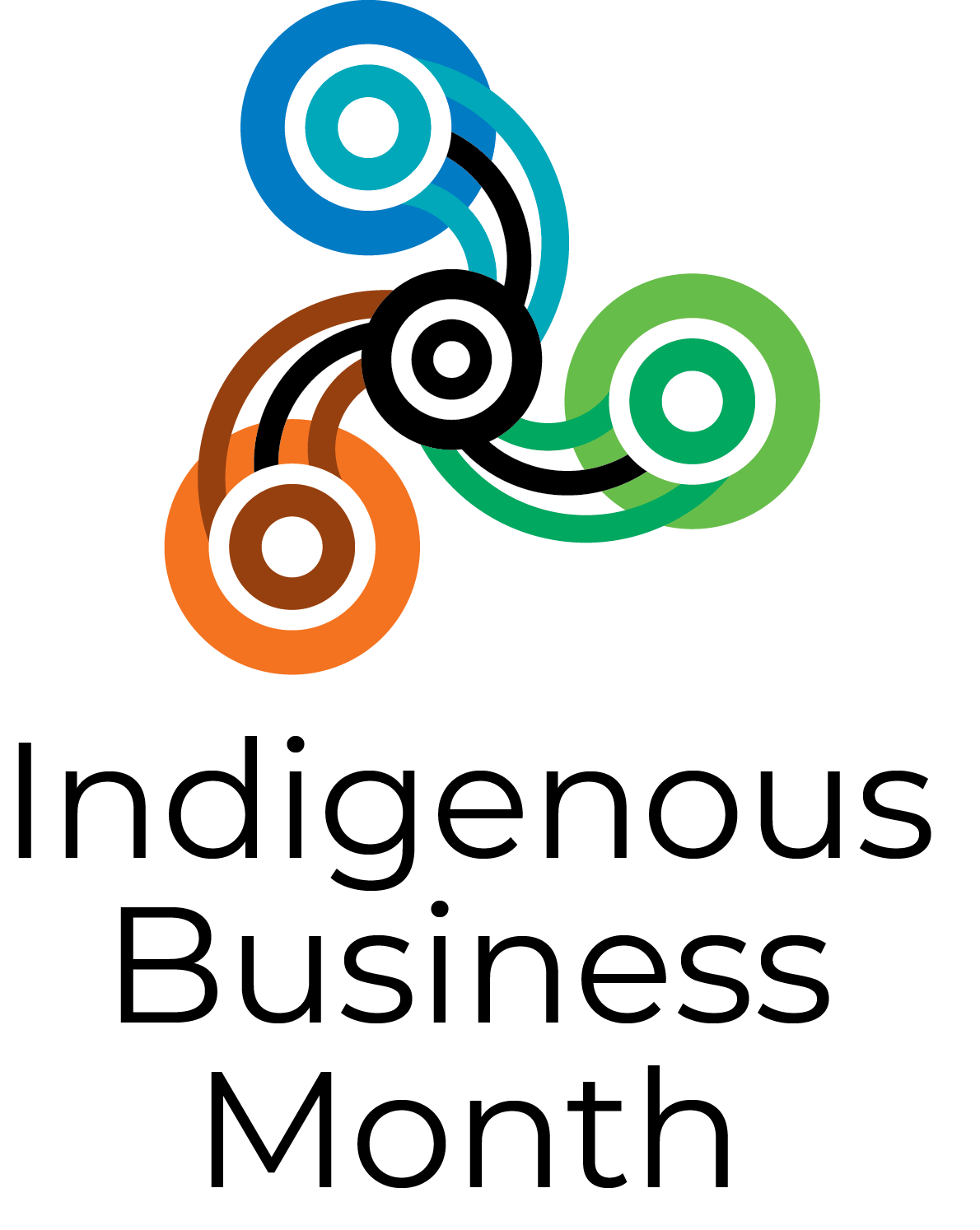
More information on entering the IAG Wa-murayangkulang Awards: CGU Wa-murayangkulang Award. Entries closes Wednesday, October 16, 2019.
www.indigenousbusinessmonth.com.au
ends

 How to resolve AdBlock issue?
How to resolve AdBlock issue? 